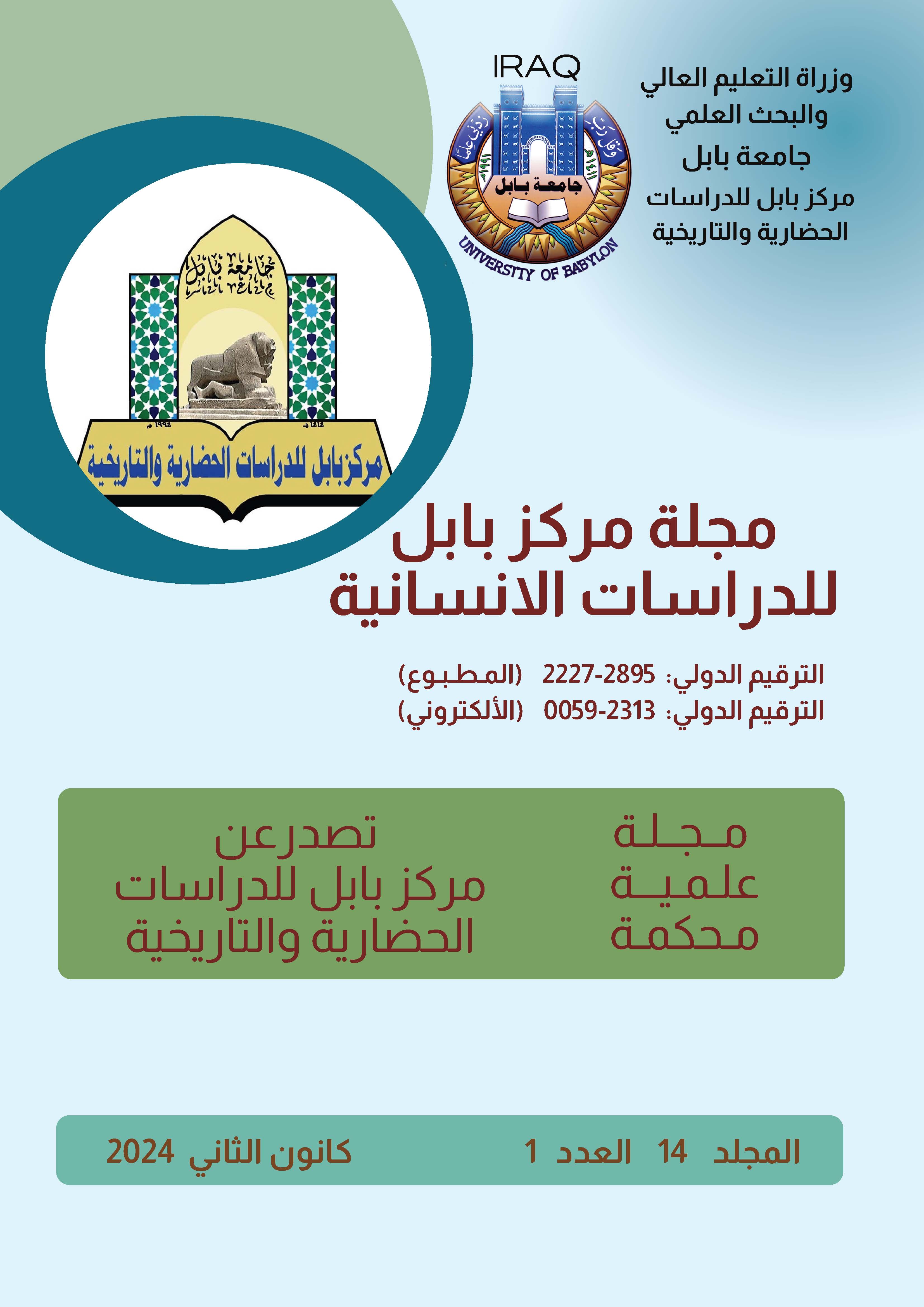أسباب التعيين والعزل في الوظائف السياسية العليا في العراق في العهد السلجوقي (447هـ-590م) -الوزارة–انموذجا
الكلمات المفتاحية:
التعيين –والعزل - الوظائف السياسية العليا السلاجقة- الوزارةالملخص
يعتبر العصر السلجوقي من العصور المهمة في التاريخ الإسلامي وقد استمر العصر السلجوقي في العراق لأكثر من قرن ونصف القرن، وفيه أقام السلاجقة سلطنتهم وجعلوا من بغداد واحدة من عواصمهم المهمة الثلاث أصفهان ،والري ،وهمذان وبعد دخولهم سنة 447هـ \1055م ،فقد اتخذوا من عاصمة الخلافة الإسلامية في بغداد عاصمة رابعة لهم وعينوا لها موظفا مدنياً مرتبطاً بهم أطلقوا عليه (عميد العراق) وآخر عسكري أطلقوا عليه ( الشحنة) مستغلين ضُعف الخلافة العباسية في نهاية القرن الرابع الهجري حيث اضطربت أحوال الخلافة وشهدت تدهور في مختلف مناحي الحياة السياسية والثقافية والاجتماعية...الخ مما هيأ الظروف أمام السلاجقة لدخول بغداد والسيطرة على الخلافة ومقاليد الحكم العباسي في العراق وجعل الخليفة حاكما صوريا لاعتبارات دينية وسياسية وثقافية. أن دراسة التعيين والعزل في الوظائف السياسية العليا في العراق ومنها الوزارة كنموذج في عهد السلاجقة ؛تهدف إلى تبيين أصحاب الوظائف العليا في العراق في العهد السلجوقي وهذه الوظائف تشمل كل الوظائف العليا وفي بحثنا هذا سنسلط الضوء على التعيين والعزل في الوزارة العباسية في العهد السلجوقي من 447هـ إلى 590ه، وسنقوم بتقسيم الدراسة إلى مبحثين نتناول في المبحث الأول تعريفات الموضوع وبيان التعيين الوظيفي وأسبابه، وتعريف الوزارة وأنواع الوزارات .أما في الفصل الثاني سنتناول العزل في اللغة والاصطلاح وبيان الأسباب الموجبة للعزل .أما فيما يخص منهج البحث:أن البحث في هذه الدراسة سيكون وفق المنهج الوصفي التحليلي (توصيفي) بعد إجراء استعراض شامل لجزيئات الموضوع.







